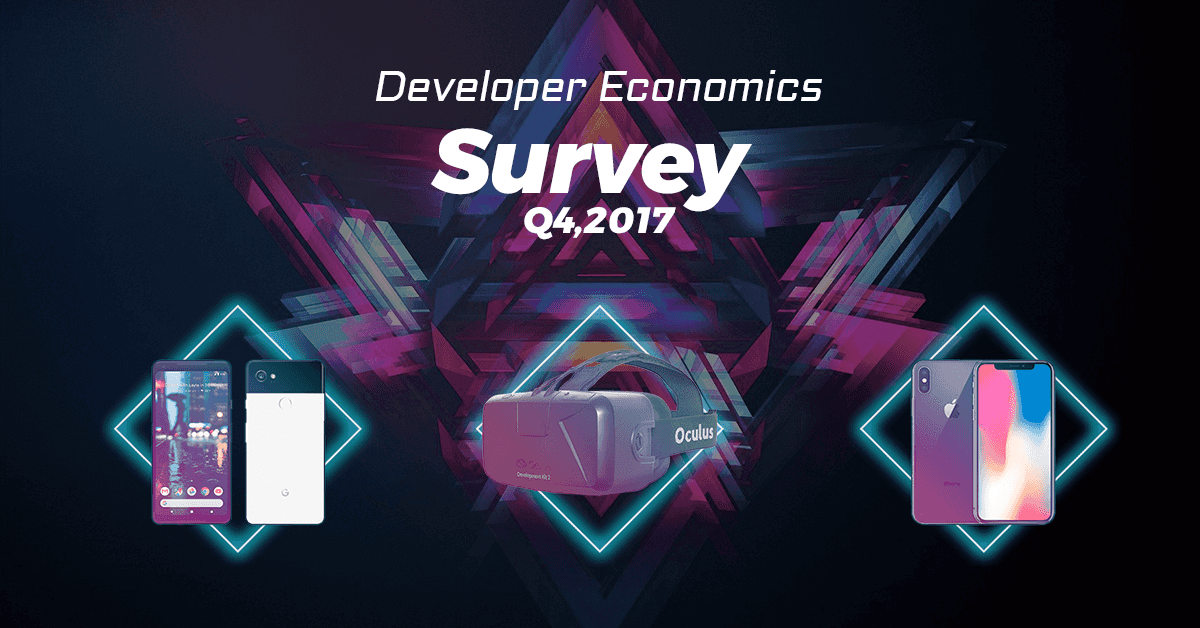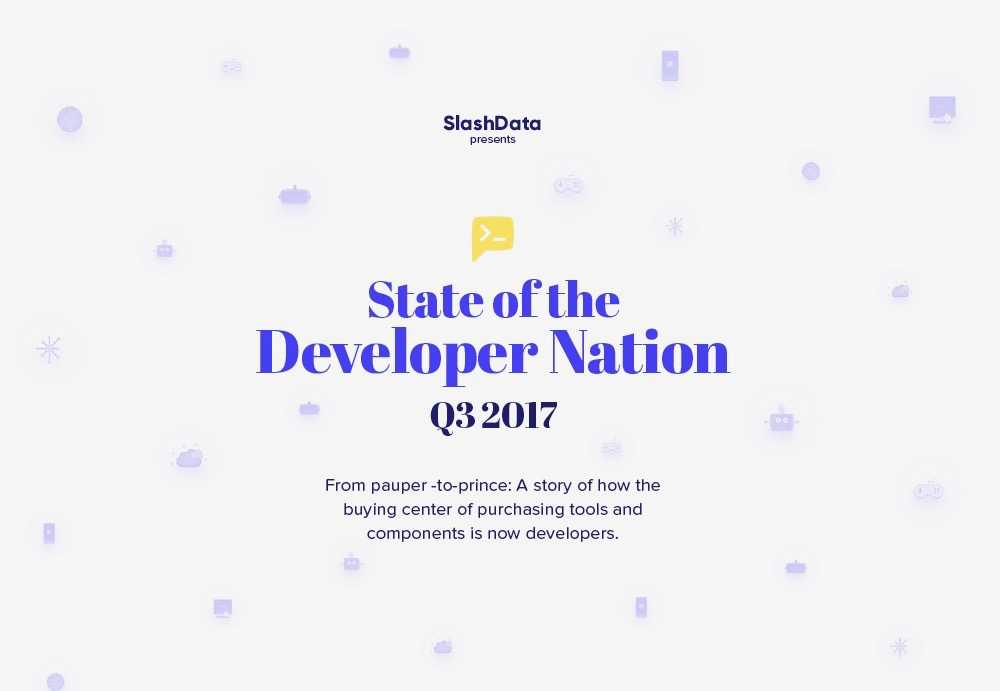Recent Posts of Business models

10 April, 2018
We recently published brand new State of the Developer Nation report 14th edition, based on the insights from our Developer Economics survey which ran in Q4 2017 and reached over 21,700 developers in 169 countries. We reveal developers’ thoughts on which emerging tech will have the most impact in the next 5 years, the future of serverless platforms, the most promising AR/VR hardware, and the most popular programming languages that make it all possible.

15 February, 2018
It’s time to announce the winners of the Developer Economics survey Q4 2017 prize draw! Congratulations to all the winners!

13 February, 2018
Recently there’s been a lot of discussion on the role of women in tech. There’s a rising concern about the stereotypical views towards women in the nearshore services market, as the recent article by our partner Belatrix also shows. What’s it like for women in tech? Our developer research report based on 13,000 developers from […]

14 December, 2017
My dad was a developer in the 90s so I grew up around computers. We built my first computer together in grade school and I discovered HTML and JavaScript (the early edition). I eventually moved on to PHP and, at the risk of dating myself here, made a Neopets clone. I still have the original codebase — it was written for PHP4.

20 November, 2017
“We get a lot of requests for emerging technologies from clients, but they aren’t necessarily sure what to do with them.”

20 September, 2017
We recently announced the State of the Developer Nation Q3 2017, our popular semi-annual report based on key insights from the largest, most global developer research program. The State of the Developer Nation Q3 2017 report is based on the 13th edition Developer Economics survey, which looked into the most trending development topics including tools, SDKs, training, distribution channels and development resources

19 May, 2017
There’s an interesting trend in the second decade of this millennium. Things once declared “dead,” are experiencing a resurgence. For example, animated GIFs, once relegated to cheesy ads for home refinancing or losing belly fat in a month with acai berries, are back in Slack channels, social media and blogs everywhere. Email newsletters have returned after many corporations abandoned them as sales and marketing tools in 2008 or so. Podcasts were declared to have peaked sometime around 2010. Now, they’re back and there are almost too many to choose from. The consensus about the return of animated GIFs, email newsletters and podcasts is that they’ve improved in quality and offer more to people who use them.

19 May, 2017
IoT platforms were on the cusp of reaching the peak of inflated expectations in Gartner’s Hype Cycle from August 2016. Not surprisingly – there are literally hundreds of them, and counting. Also, the word ‘platform’ is used for anything, from network infrastructure to hardware components to cloud services. In the end, IoT owes its boom in popularity to more and better tools becoming available for developers. In this article, we shed some light on the types of tools that IoT developers are actually using.

16 May, 2017
Once you have achieved the level of education or training needed for a career in game design, you can plan for your future in the industry. This begins with determining your career path, gaining experience, and creating your first game.

16 May, 2017
Google and Facebook are two of the world’s most powerful companies and each has created a framework for building web apps. Angular and React respectively appear to be in a battle for the future of the web, with the active online debate and adoption for large consumer-facing apps seeming to lean quite strongly in React’s favour at present. Are they collectively taking over the front-end? Is React really leading? Our data from a broad cross-section of nearly 6,000 web developers may surprise you.